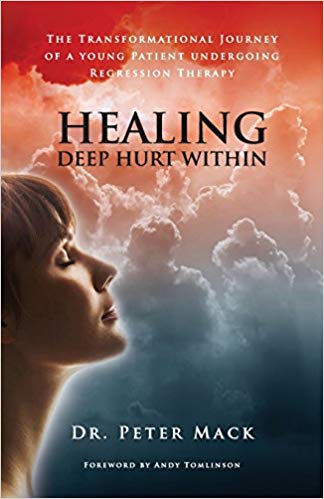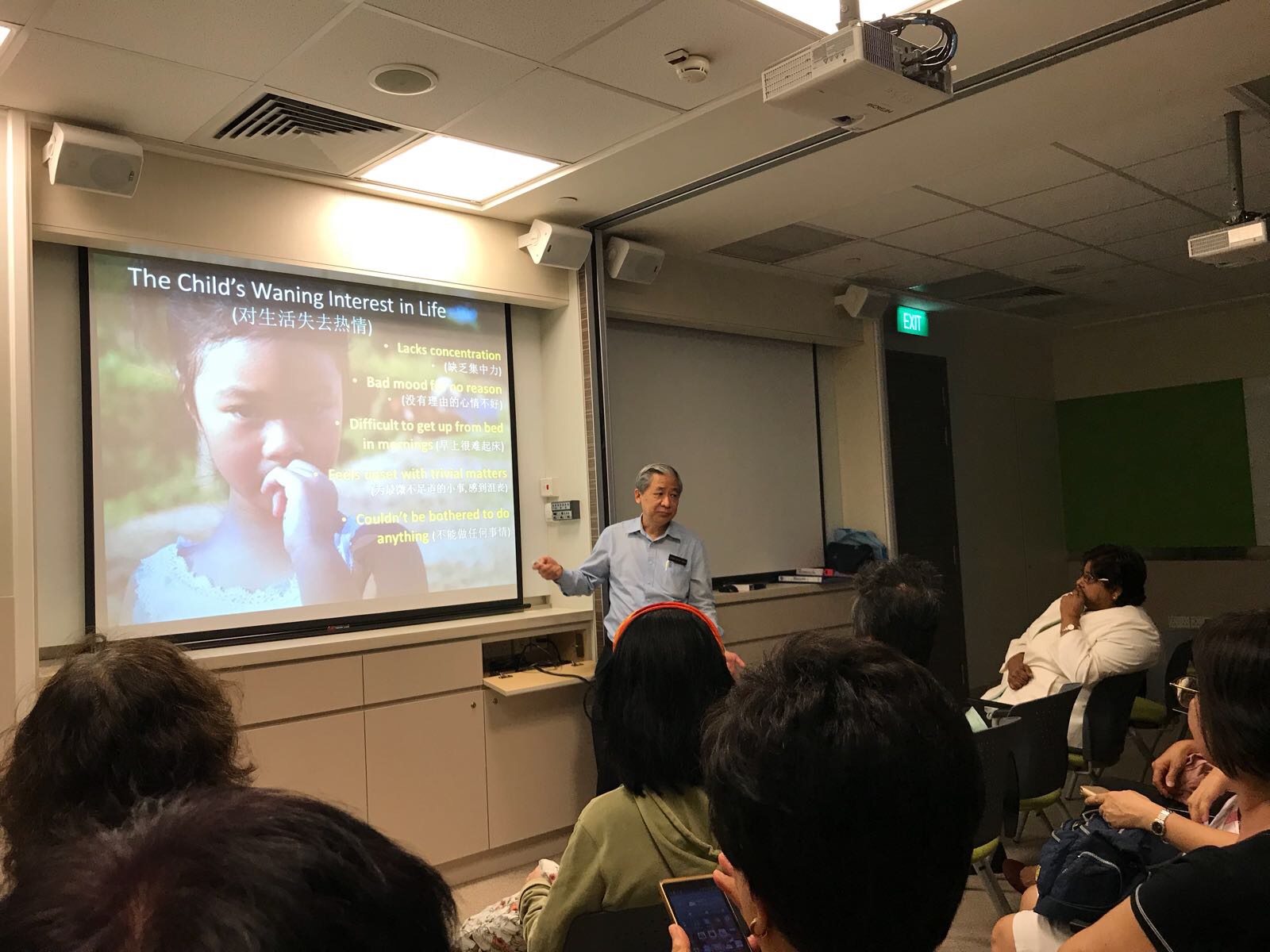Dr. Peter Mack is a general surgeon first. Working in a Singapore public hospital for more than 40 years, he has dedicated his life to the cutting edge of medical healing. He was instrumental in pioneering laparoscopic surgery in the early 1990s; he has led a medical research team in an experimental laboratory; and he has participated in the field of quality assurance in healthcare policy. In the late 2000s, he helped shape postgraduate medical education by developing simulation for residency training. He now has returned to full-time clinical work.
It’s true that the most brilliant teachers are often the most devout students. Peter completed his medical degree and Fellowships from the Royal Colleges of Surgeons of Edinburgh and Glasgow, and continued on to earn a PhD in Medical Science from Lund University in Sweden. He has sought other, non-medical qualifications as well. He completed his MBA (NUS), and is a Master in Health Economics (Curtin) and a Master in Medical Education (Dundee). Peter has authored many scientific publications, and several books and book chapters.
Peter is also a Regression Therapist — one who passionately promotes this work to others in the medical world and beyond as complementary to
the healing of the whole person. He is an inspired advocate who presents his work and findings directly to professional colleagues and students, and he has also authored several books. Healing Deep Hurt Within – The Transformational Journey of a Young Patient Using Regression Therapy (2011), Life-changing Moments in Inner Healing (2012), Inner Healing Journey: A Medical Perspective (2014), and Mirrors of the Mind – Metaphoric Narratives in Healing (in cooperation with Dr. Nicole Lee, 2015) share profound stories of healing through the integration of regression therapy in his medical practice.
I recently spoke with Peter about his work and advocacy for The News Channel.
What initially piqued your interest in regression therapy? When was this? Please share a bit about how you got into it and how it changed your outlook on what is possible with healing?
As a matter of fact, I developed an interest in hypnosis during my medical student days. I recall a British dental surgeon who visited our campus and delivered an evening talk on hypnosis followed by a demonstration of age regression when I was in medical school. It was the year 1972. This was followed by another seminar on hypnosis a year later, organized by a panel of local doctors, including a surgeon, a parasitologist and a pediatrician. Deep down, after learning from them, I felt a strong desire to learn the art, but, unfortunately, training wasn’t available then. Subsequently, as I went through my clinical training, I was somewhat disappointed that the interest in clinical hypnosis in our local medical community failed to go beyond the intellectual level. I told myself that I would acquire the art and the skill one day.
About ten years ago, formal training became available commercially in the private sector and I made a firm decision to learn the skill before I retire. The course was fun. I went through 10 days of the National Guild of Hypnotists (NGH) training course followed by an additional three days to complete the International Medical and Dental Hypnotherapy Association (IMDHA) curriculum. It was then that I was exposed to some basic regression techniques. Upon obtaining my certification, I practiced on some of my hospital colleagues and patients and the outcomes were consistently impressive. An inner voice seemed to be telling me to pursue regression hypnotherapy techniques in greater depth, as that would help me to get to the root of many unexplained medical symptoms. It was at that time that I heard of a training course coming to Singapore. With no hesitation, I signed up and attended the 16-day course.
Following the course, a new era in my medical career began. I came to understand the true meaning of “healing” and how it differed from the conventional perspective in Western Medicine. When some of my early patients developed transformational change following regression therapy, I acquired a completely new paradigm of what is possible to achieve via the mind-body connection. The feeling was like opening a treasure chest. I felt a sense of awe when I looked at various possibilities at healing which mainstream medicine would label or frown upon as miracle cures.
Did you experience an epiphany in terms of deciding to share and promote regression therapy with fellow medical practitioners? If so, what was it?
It was more like a “eureka experience” with a strong initial desire to share. However, very soon the desire was quenched as I quickly realized that my mental health colleagues in the hospital were frowning at my practice. The reason stems partly from a territorial perspective on their part and partly because my positive clinical outcomes had hurt their egos. Non-mental health colleagues were impartial, more accommodating and generally not bothered with what I was doing. Hence, my sharing was rather restricted and largely confined to the nursing community because they were more open-minded. It took another six or seven years before some of my younger colleagues working in the local community hospitals opened themselves up and started to invite me to share.
While studying philosophy at University, I remember distinctly my own paradigm shift when we moved on from Descartes’ championship of reality based in highly detailed, dissectible reason, to Kant and his outright Critique of Pure Reason. Suddenly, I understood the adage: “Can’t see the forest for the trees.” You speak often of the Cartesian influence on medical science, explaining that the conventional model treats illness as a random event, with the causes of disease and healing both as separate from and external to the person’s body. Alternatively, you promote the holistic health model, incorporating regression therapy, in which healing comes from within, and the person takes an active role in understanding and releasing emotional, psychological, or spiritual stresses that are affecting his or her health.
How is it going, trying to shift perceptions and understanding steeped in 400 years of habit? Please share a bit about this process and the experience for you. What has been the most challenging for fellows in your profession to accept?
It was definitely a tough, uphill task, but the paradigm of “healing from within” is probably not so revolutionary as you describe, at least in this part of the world. Being an Eastern society with a predominance of Chinese culture, the traditional Chinese medicine concept of Yin-Yang balance, with emphasis on metaphysical concepts and the multidimensional nature of health is often talked about. These notions have much similarity to the Western concept of holistic health. So it isn’t the newness of the concept that is the problem. It is level of “scientific validity” that our people are more concerned with. To them, anything that is not scientifically “proven” is considered unacceptable in their clinical practice. Therein lies the biggest hurdle. Many, if not most, of my fellow professionals have been nurtured in an era where randomized controlled trial (RCT) is considered the gold standard of all clinical research. They tend to accept nothing less than that as evidence of the validity of any treatment modality. My biggest challenge is to convince them that RCT is not a one-size-fits-all approach, to accept case studies also as evidence, and to help them see regression therapy as an “idiographic” modality vis-à-vis conventional medicine, which is more nomothetic in nature.
You speak of your Eastern society. Have you worked with any group or person in the West interested in sharing this work more widely within a culture that perhaps sees holistic approaches to medicine as non-traditional and against the mainstream? You’ve mentioned physicians and researchers in Europe. What about North America? What are your thoughts on sharing this consciousness in healing with the West?
I haven’t worked with anybody in the West who shares my interest and passion in regression therapy. Those that come closest to your description are a few members of SMARRT from Portugal, Brazil and France, but I have never worked with them in the true sense. Personally, I am less inclined to interact with people from North America because of the same reason you have pointed out. I recently had a negative experience during a Student Forum at an International School in Singapore where one panel speaker from North America was denigrative when concepts of healing and consciousness were discussed. On the whole, I do not feel that regression therapy has progressed to the extent where widespread sharing is feasible.
Do you incorporate regression therapy with all your clients who are willing and open?
By and large, no. Nowadays, all patients who come to me for regression therapy are self-referred and through word of mouth. I screen them carefully by looking at the background of their issues in detail before I decide whether or not to take on a case. Not everyone who is open and willing is suitable. Many see it as just another modality in conventional medicine and have set expectations. Some come simply because they find no improvement with conventional medical treatment and just want to try something new. Others request regression out of curiosity. I do reject a number of them when I realize that they do not truly comprehend the nature of holistic healing.
 In 2013, after releasing the books Healing Deep Hurt Within (2011) and Life Changing Moments in Inner Healing (2012), you convened an international meeting of psychiatrists, medical doctors, and clinical psychologists using regression therapy. From this, with your colleagues, you formed the Society for Medical Advance and Research in Regression Therapy (SMARRT). Please share a bit about this group and its members. Where are you all based? What are the varied specialties within the group? What is the mission of the organization?
In 2013, after releasing the books Healing Deep Hurt Within (2011) and Life Changing Moments in Inner Healing (2012), you convened an international meeting of psychiatrists, medical doctors, and clinical psychologists using regression therapy. From this, with your colleagues, you formed the Society for Medical Advance and Research in Regression Therapy (SMARRT). Please share a bit about this group and its members. Where are you all based? What are the varied specialties within the group? What is the mission of the organization?
The inaugural meeting of SMARRT took place in Porto, Portugal in 2013 with members from Italy, Germany, Portugal, Brazil, India, UK, and Singapore. About 22 members were present. They were from the disciplines of Psychiatry, Neurology, Internal Medicine, Pediatrics, Surgery, Radiology and Psychology. The mission of the newly formed society was to promote regression therapy among the medical community using research as the main vehicle. We adopted two concurrent strategies to promote our work: (a) a story-sharing approach in the form of a book publication, and (b) a scientific research project.
A year after the first meeting, a multi-author book, Inner Healing Journey, was produced, published by From the Heart Press. It shared eleven case studies from five authors. A year after that, we released a Portuguese translation of the book with collaborative help from various members. In the meanwhile, an Italian group of members conducted research on Magnetic Resonance Imaging (MRI) of the brain during regression therapy, which should be ready for publishing later this year.
Unfortunately the Society has not been able to sustain its momentum since then. It has now been restructured to come under EARTh Association as a special interest group.
I understand that you are planning to retire from your medical practice in the next few years. At this point, are you considering continuing your work as advocate and spokesperson for regression therapy as complementary or foundational to the healing sciences? Would you be willing to share your plans with us?
I honestly do not have plans at this point in time. I have always treated regression therapy as a secondary interest and activity within my hospital’s medical practice. Having survived the earlier years of objection and resistance from my professional colleagues, it has now taken on a life of its own, admittedly at a leisurely pace. I envisage it will probably continue at the same pace after my retirement. I do admit that my role as advocate and spokesman has naturally evolved, and at the rate that I am receiving invitations to speak, I anticipate my spokesman’s role will expand substantially.
I have just received a joint invitation from the Singapore Society of Clinical Hypnosis and the Department of Psychological Medicine of Changi General Hospital to speak on regression in August. Furthermore, the Postgraduate Medical Institute of Singapore General Hospital has invited me to deliver a series of five talks on regression therapy in September. This is unprecedented.
Over the last decade, I have learned to refrain from too much anticipation and planning and just “go with the flow.” The Universe will take care of things when the time comes.

What advice do you have for other medical doctors who are interested in incorporating regression therapy into their practices, or more, in promoting this therapy to others in their fields? Likewise, what words of wisdom would you like to share with all of us, worldwide, who are following our vocation as regression therapists and teachers of regression therapy, from your perspective as an MD?
All I wish to say is that there are many patients in our community who need regression therapy and are desperately looking for help, but do not feel comfortable with the excessive emphasis on spirituality placed by some practitioners. By virtue of our medical background we are in a good position to promote a new therapy. However, to be able to incorporate regression into our practices, it would be advisable for us to adhere to the psychological and emotional aspects of regression therapy when communicating with our patients. We need to play down the spiritual aspects to gain their confidence and respect. We need to maintain our authenticity and credibility as promoters. We simply cannot dissociate our practices from the scientific world at this point in time. Of course, it doesn’t mean that the situation will not change in the future.
I appreciate the difficulty that many of us have in accepting a treatment modality for which science doesn’t have an adequate explanation at the moment. I would persuade you to look at the outcomes of regression therapy as a “scientific anomaly.” Being an anomaly, it will provoke a scientific crisis in the years and decades to come. When scientists realize that our current scientific theory is inadequate and fails to offer an explanation for our anomalous experiences, it will herald a new era of scientific inquiry and discovery. Only then will a paradigm shift occur.
To learn more about Dr. Peter Mack, visit his website: http://www.petermack.sg/.
This interview originally appeared in a professional newsletter that I edited 2016-2018, in the June 21, 2018 issue.”What I’ve Learned” was a recurring section featuring in-depth interviews with members of the spiritual regression therapist community who are engaged in significant and ground-breaking work in our field. In this section, we presented conversations with authors, researchers, and thought leaders who are embodying the New Consciousness in their own extraordinary ways.

Helen, you are welcome to reach out to me via the email or the form on my contact page: https://maritfischer.com/contact/. When you do, please do share a bit about what you’re interested in exploring. Both methods of communication are confidential. Thanks. -Marit
Dear Sir,
I read about your success in this past life regression and life between life regression. I am interested to find my soul purpose in this life time. Lat year 2019, I have lost my 20yrs old daughter suffering from OCD / OCPD.
I tried all methods except hypnotherapy.
Recently I have joined in LCCH to learn hypnotherapy.
Would you like to help me in this journey?
Hello Leena. I am so sorry but I just saw your message from so long ago. I do hope that your journey in learning hypnotherapy has gone well and that you have done some beautiful healing along the way.